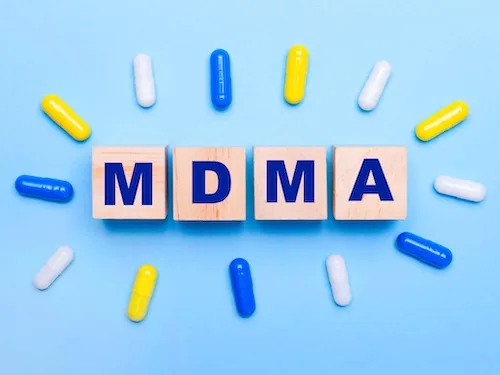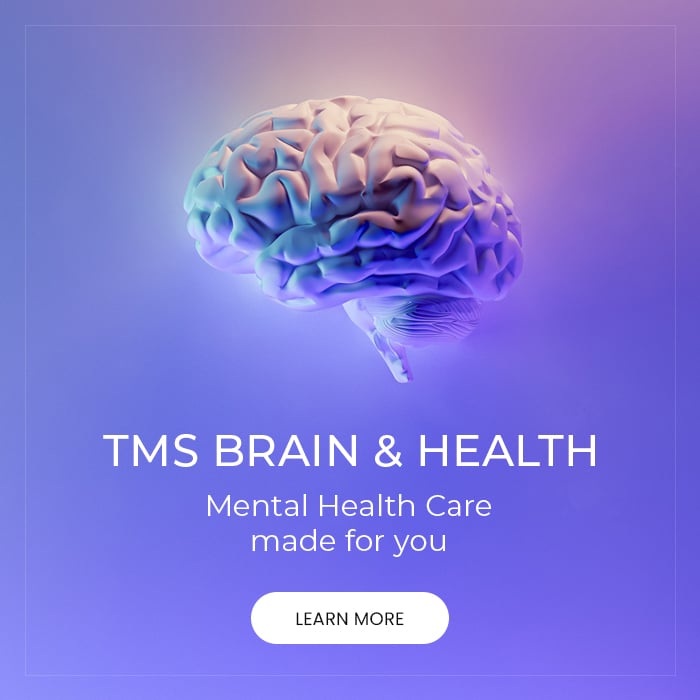Acceptance and commitment therapy, or ACT, is one of the talk therapies we offer in our mental health treatment plans at Bespoke Treatment. ACT is an action-oriented form of psychotherapy that is commonly used to treat mental conditions like depression and anxiety. Stemming from traditional and cognitive behavioral therapy, ACT teaches patients to accept their inner emotions and make a commitment to making necessary changes in their life.
Steven C. Hayes, a psychologist and professor at the University of Nevada, developed acceptance and commitment therapy in the 1980s. The foundation of the therapy stemmed from his own experience with panic attacks and his observations on society’s relationship with negative emotions. Rather than seeing our negative emotions as problems that need to be fixed, he encourages acceptance of the entire human experience and mindfulness. Eventually, Hayes vowed to accept himself and his own experiences instead of running from them.
ACT is commonly used today to treat a variety of physical and mental conditions, including depression, anxiety disorders, OCD, psychosis, substance use disorders, eating disorders, chronic pain, and workplace stress. The theory behind acceptance and commitment therapy is that trying to control or suppress painful emotions and psychological experiences is counterproductive, and ultimately leads to greater distress. Patients should instead use valid alternatives to attempting to change the way they think. These alternatives include mindful behavior, attention to personal values, and commitment to action. By learning to accept experiences and feelings, patients can change their emotional states and attitudes.
During acceptance and commitment therapy, patients work with a therapist one-on-one. They learn to listen to the way they talk to themself, or their self-talk, specifically concerning challenges, traumatic events, physical limitations, and problematic relationships. When approaching a problem, patients decide if it requires immediate action and can be changed, or if it must be accepted for what it is while they learn to make behavioral changes that can alter the situation. The therapist may help the patient stop repeating thought and behavior patterns that can cause more problems in the long run, similarly to CBT. Once the patient has faced and accepted current challenges, they make a commitment to stop fighting their emotions and their past and to start practicing more productive, optimistic, and confident behavior that is based on their personal goals and values. The mission of ACT is to develop and expand one’s psychological flexibility, including emotional openness and the ability to adapt thoughts and behaviors.
There are six core processes that promote psychological flexibility and are incorporated into acceptance and commitment therapy:
1. Acceptance: Surprisingly enough, acceptance is a key component of ACT. This involves both acknowledging and embracing one’s entire human experience, including the full range of your thoughts and emotions, rather than trying to avoid, deny, or change them.
2. Cognitive defusion: This process involves distancing yourself from distressing thoughts and feelings and changing the way you react to them. Techniques include observing thoughts without judgement, singing a thought, and labeling your automatic response.
3. Being present: This technique is closely related to mindfulness, and involves paying attention to the present moment and observing feelings and thoughts without judgement or action. Experiencing events clearly can help promote a change in behavior.
4. Self as context: This concept expands the idea of the self and identity. Self as context purports that people are more than just their thoughts, feelings, and experiences.
5. Values: Choosing personal values in various domains is an essential part of ACT. Patients identify values and commit to live according to those principles, as opposed to behaviors driven by the desire to adhere to other’s expectations or avoid distress.
6. Committed action: During ACT, patients commit to action by taking concrete steps to incorporate changes that align with their goals and values, leading to positive change. This can involve setting goals, skill development, and exposure to difficult experiences or thoughts.



















